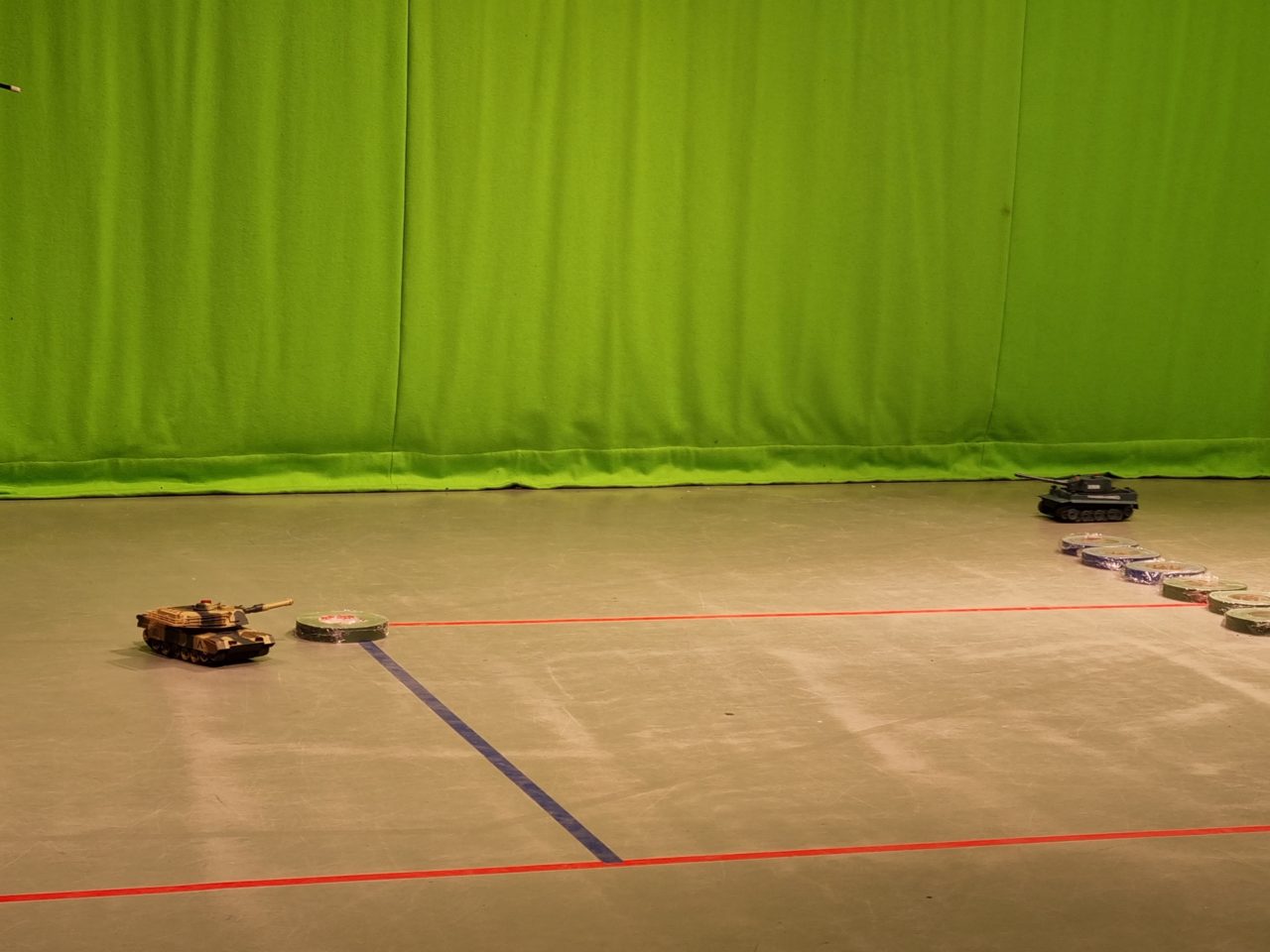Theatre, Film, Television and Interactive Media (TFTI) at the University of York features top-notch, industry-standard facilities. These include two television studios, fully equipped for HD broadcast! Your first few hours in the studio can be quite overwhelming, but the atmosphere becomes more relaxed, and frankly quite fun once you get used to the roles. Below, I’ll share my experience!
First impressions of TFTI
As an international student, I had limited knowledge of British television and its technical side. So, I felt rather out of my element when we were introduced to the TFTI facilities. There are about a dozen key roles, and each of them has different duties, specific jargon, and even a particular ‘character’ or ‘personality type’. Teaching is structured in such a way that everyone gets to practice each role at least once. To me, switching roles often felt like stepping into someone else’s shoes. Some roles require more authority, while others demand greater attention to detail. Once you figure out what you’re best at, it becomes only a matter of practice.
The same applies to using the facilities. From the clusters of switches, dials, faders and monitors in the gallery (where the director, vision mixer and sound supervisor sit, among others) to the web of wires, lighting fixtures and intricate-looking cameras on the floor (where the ‘action’ takes place, so to speak). Their secrets are gradually revealed with each new session – and with the patient guidance of the tutors and technical staff. Weekly practice turned the TV cameras from sophisticated yet fragile giants into my best allies in the studio.
Preparation, preparation, preparation
The first major lesson I learnt was the importance of preparation. The more that is planned beforehand, and the more thorough the preparation, the more relaxed and enjoyable the session. A big part for me was researching each role and making notes on the paperwork. I also made notes when watching TV.

Weekly sessions consist of an hour-long technical skills session in Studio 2 in TFTI, followed by a two-and-a-half-hour practical in Studio 1. During the practical, we rehearse and record a show twice, so people try out two roles. These are usually one on the floor and one in the gallery. There is a different show each week, corresponding to that week’s lecture, and they become more and more complex.
The skills sessions consist of tasks or short scripts aimed at developing a certain technical skill. These range from camera repositioning to managing sound sources. They start off quite serious, but often turn silly as we grow more confident in our abilities. I believe once you get good enough at something, you can afford to reasonably fool around with it too. These sessions are a perfect example of that, seamlessly blending rigorous education with light-hearted entertainment.
Expect the unexpected
The studio sessions became the highlight of my week. This was not only because they broke the pattern of lectures and seminars in Autumn term, but because they were so unpredictable. It was always refreshing to see what ingenious example the technical staff would come up with in the technical skills sessions. Such as using tank racing to teach about parallel cutting, or objects from around the studio to demonstrate graphic overlays.

The practicals were exciting because we got to try out something new every week in a very professional environment. It’s also a highly cooperative and complex setting – so mistakes happen occasionally. Some of them were avoidable through preparation, but certainly not all, so our inventiveness and teamwork is put to the test.
Our tutor calls us a ‘wonder group’. This is because, despite all sorts of things going wrong in rehearsals, we always managed to pull off a good show. Examples include balancing a camera with a toy stormtrooper, and improvising sandwich ingredients when the host revealed he had a severe nut allergy.
All in all, there are countless things to look forward to. Whether you’re into the technical side, the creative side, or both. The studios are a totally different world, and the facilities become really fun to use once you overcome the initial learning curve. But, whatever happens, keep in mind that all issues can be solved with good preparation, communication, collaboration, and a bit of creativity.

Leave a Reply